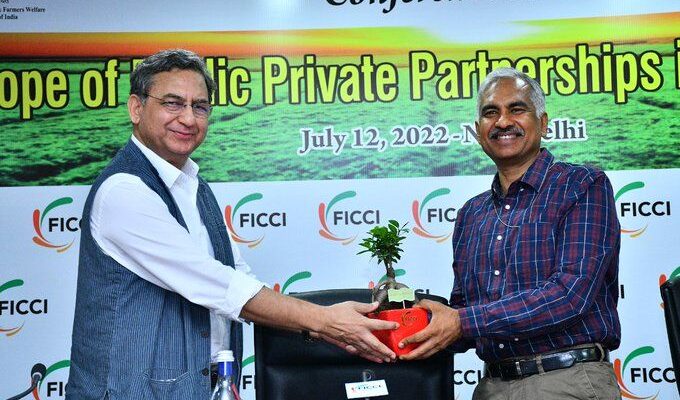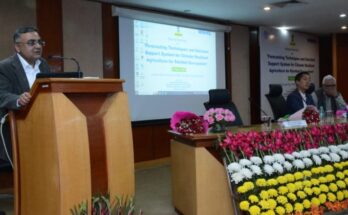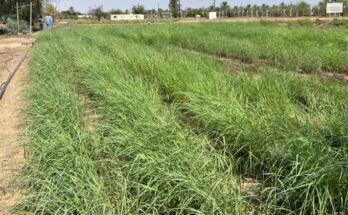The Government of India is working on ‘Good Agriculture Practices’ to benefit the Indian agriculture sector. There is a concern at the international level on having sustainable agriculture, good agriculture practices along with environmental concerns. This is an area where the government has not yet come out with a policy, but wants to come up with a policy on ‘Good Agriculture Practices’. We would have a policy on this, and we would work together with the industry on this,” Manoj Ahuja, Secretary, Ministry of Agriculture & Farmers Welfare, Govt of India said today.
Addressing a conference on ‘Scope of Public-Private Partnerships in Agriculture’, organised by FICCI, Ahuja added that micro-irrigation is a priority area for the government. “We will work out a model to provide easy financing along with providing subsidy so as to create a simple system for the farmers. We need to address these concerns,” he highlighted.
The secretary further stated that it is imperative for the farmers to get easy and simple solutions to their problems through digital platforms. We believe in the farmer’s ability and if we give them support via non-financial intervention by providing IT solutions, he added. “It would be beneficial for the farmers if we can provide these technology interventions through a common open source,” said Ahuja.
You may also like to read: Good agriculture practices (GAP) offer economic, social and environmental sustainability
While addressing the concerns raised by the industry, Ahuja added that quality agri-inputs is also an area of concern for the government and steps are needed to further improve it. We can create NABL accredited labs under PPP or under viable gap funding along with robust IT systems for sampling and testing of various seeds, fertilisers and pesticides for supporting the farmers.
Highlighting the importance of public-private partnerships (PPP) in the agriculture sector, Secretary Ahuja also asserted on the need for an improvement in the entire agriculture value chain to bring down the losses and create a win-win situation for farmers and the industry. “If we really need to scale up our interventions, then we need to have a proper framework. Government can intervene to bridge the infrastructure gap in the sector,” he added.
Addressing the conference, Dr Vijaya Lakshmi Nadendla, Joint Secretary – Marketing, Ministry of Agriculture & Farmers Welfare, and MD, Small Farmers Agri-business Consortium (SFAC) said that inputs, infrastructure, investment and institutions are the four important I’s for a policy framework for the agri sector. “The corporate sector can pitch and provide necessary investment for agriculture,” she added.
You may also like to read – Natural Farming: Preserving nature while answering food security; what is the way forward?
Highlighting the benefits of PPP in agriculture, Samuel Praveen Kumar, Joint Secretary (Extension, AIF and I&PS), Ministry of Agriculture & Farmers Welfare said that there are emerging technologies like ICT, AI (artificial intelligence) and IoT (internet of things) which are very disruptive technologies and can make farming more predictive. “We need to de-risk the agriculture sector,” he added.
Kumar further said that investments would not only help in the agriculture sector to propel the entire growth cycle of our economy but also help in value realisation for the farmers. “The merits of PPP model include the managerial and financial expertise of the private sector combined with the administrative expertise of the government which is unmatched. The investors would be more confident to come forward for investment in agricultural projects. We need to create an ambience where we have a win-win situation for the government and the private sector participating in various infrastructure-related works,” he added.
Pravesh Sharma, Chairman, FICCI Task Force on FPOs said that we have to recognise that, especially in India if there is one sector which is almost 100 per cent privately owned is agriculture. The policy framework that the govt designs, it has a great impact on how investments flow into agriculture, how markets deliver, and how technology routes, he added.
TR Kesavan, Chairman, FICCI National Agriculture Committee & Group President, TAFE said that India can do much more in agriculture if the government and the private sector come together.





